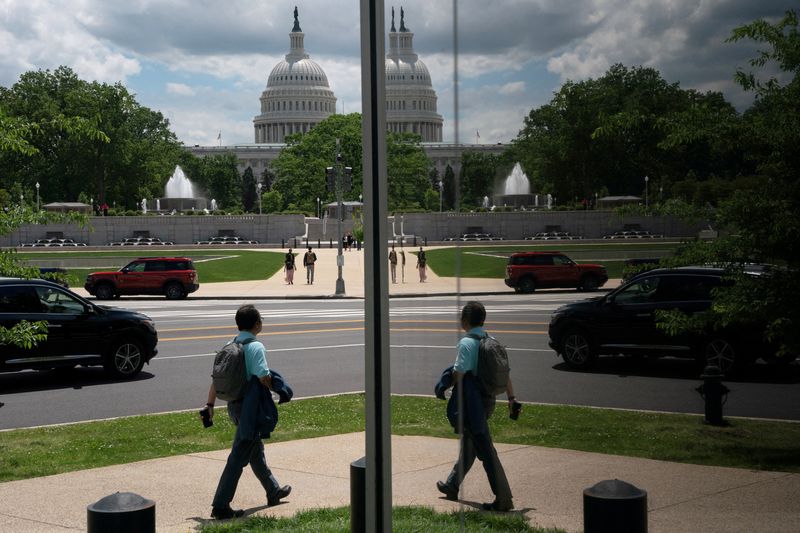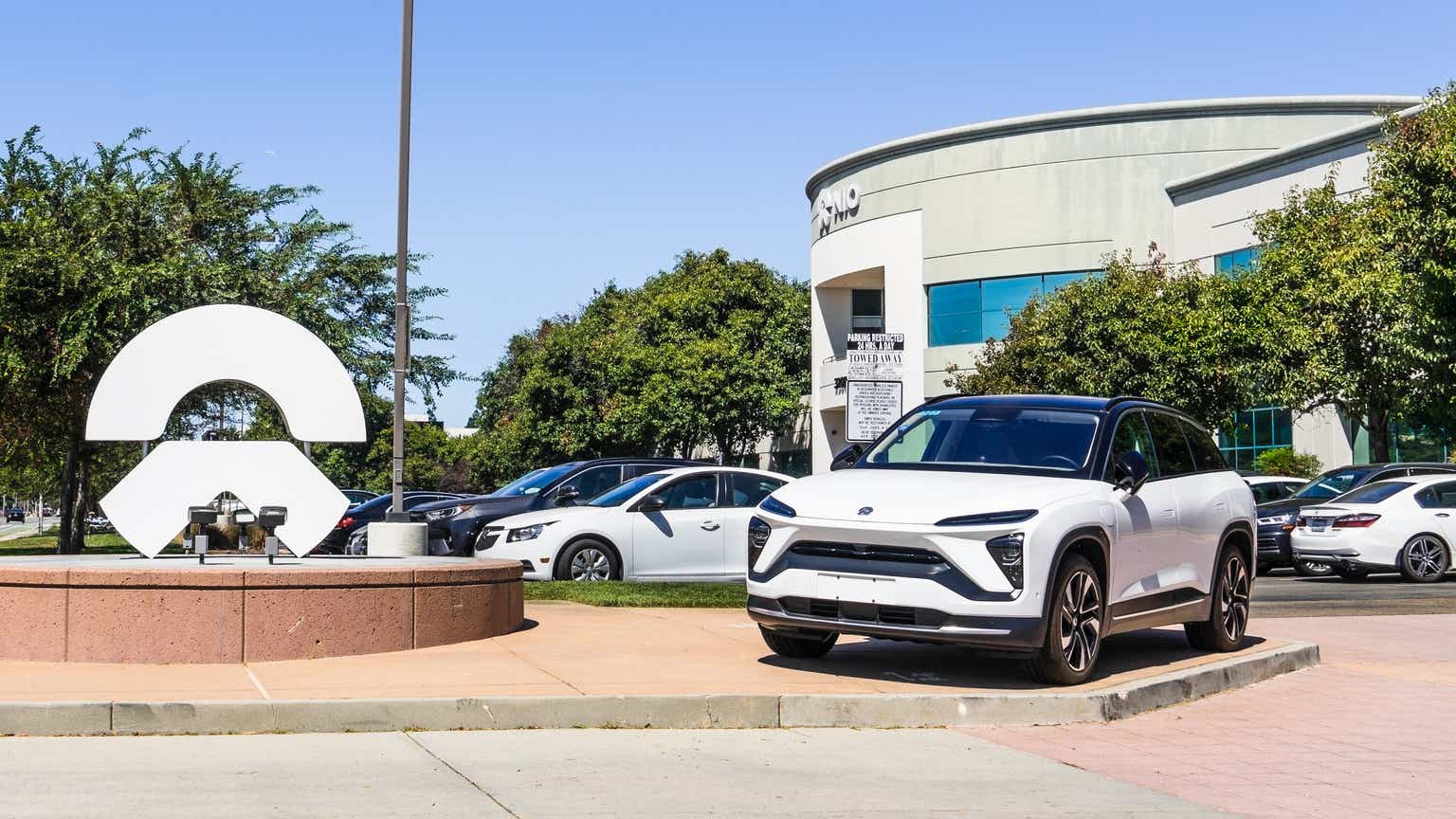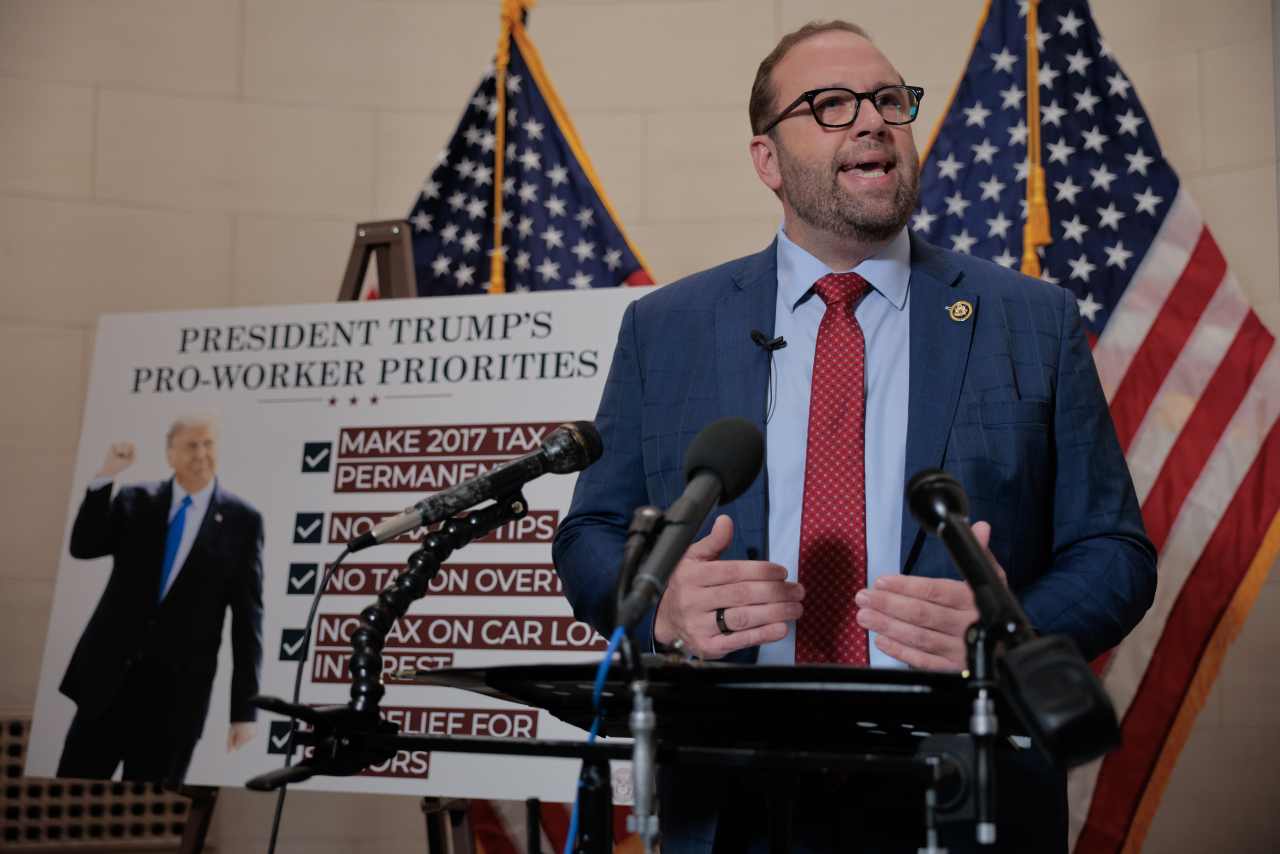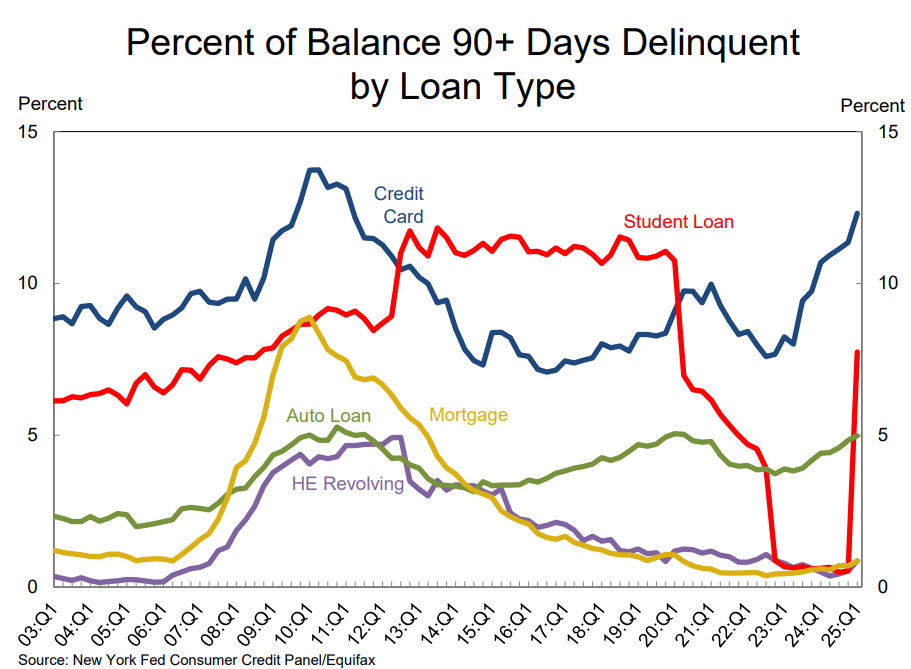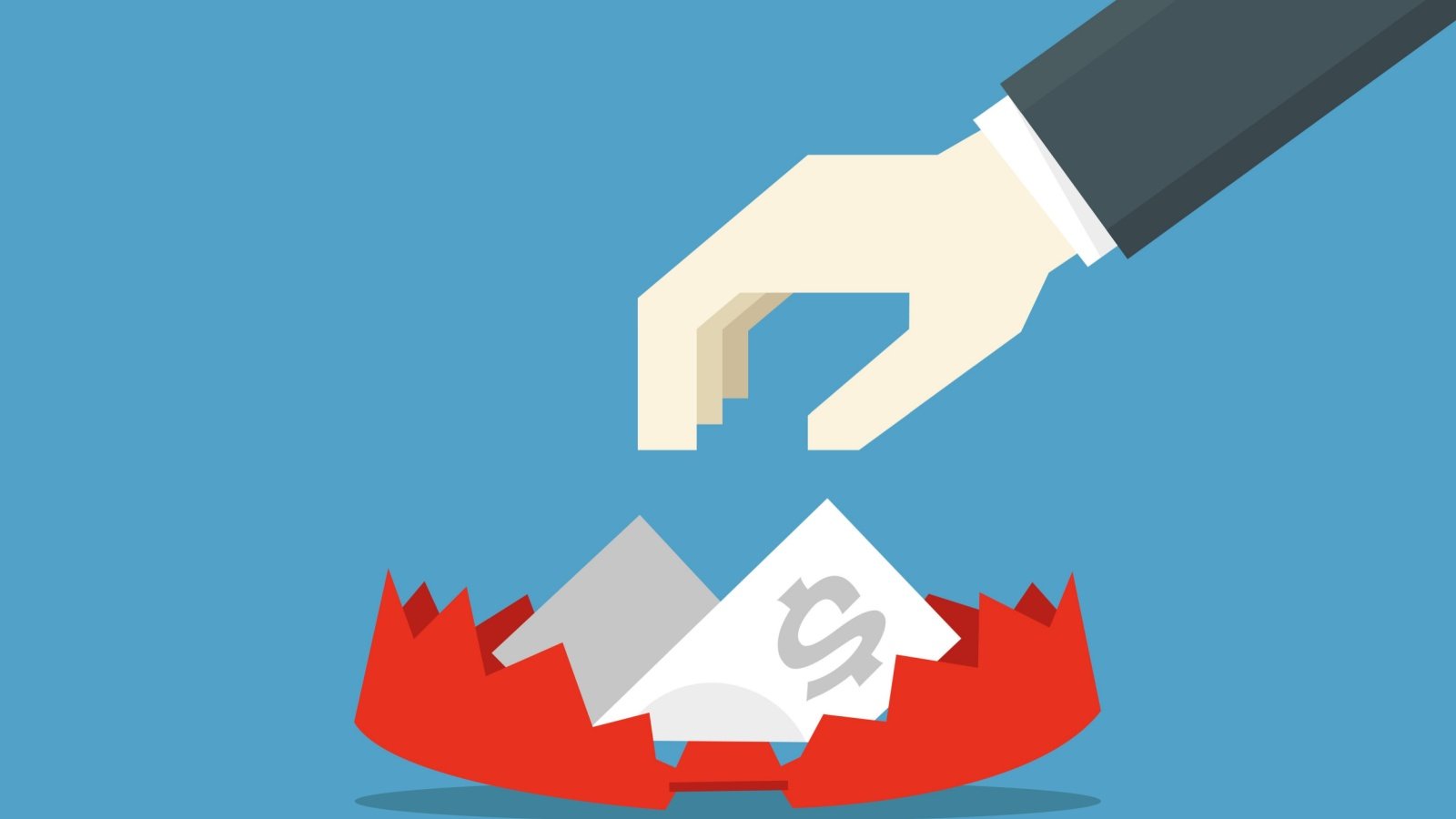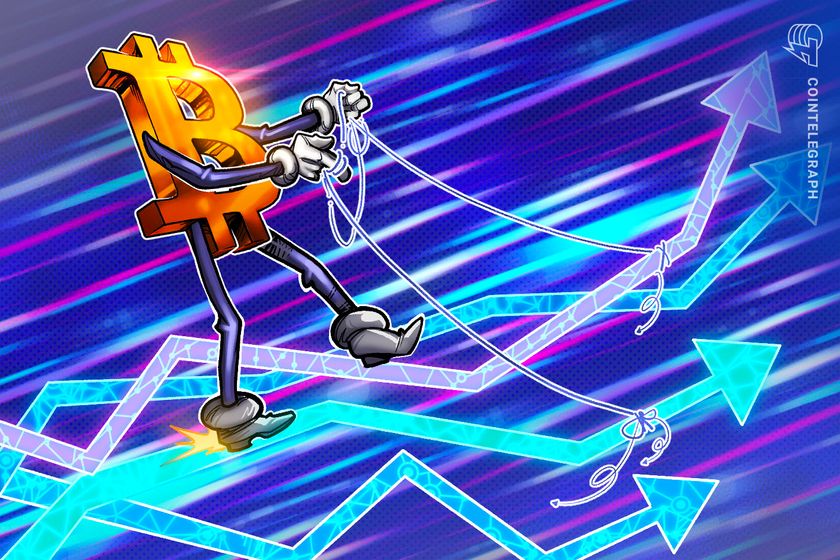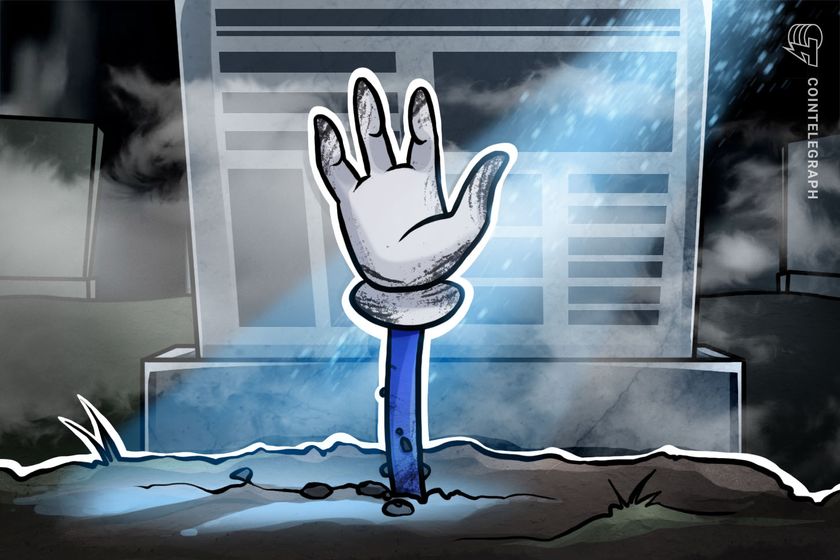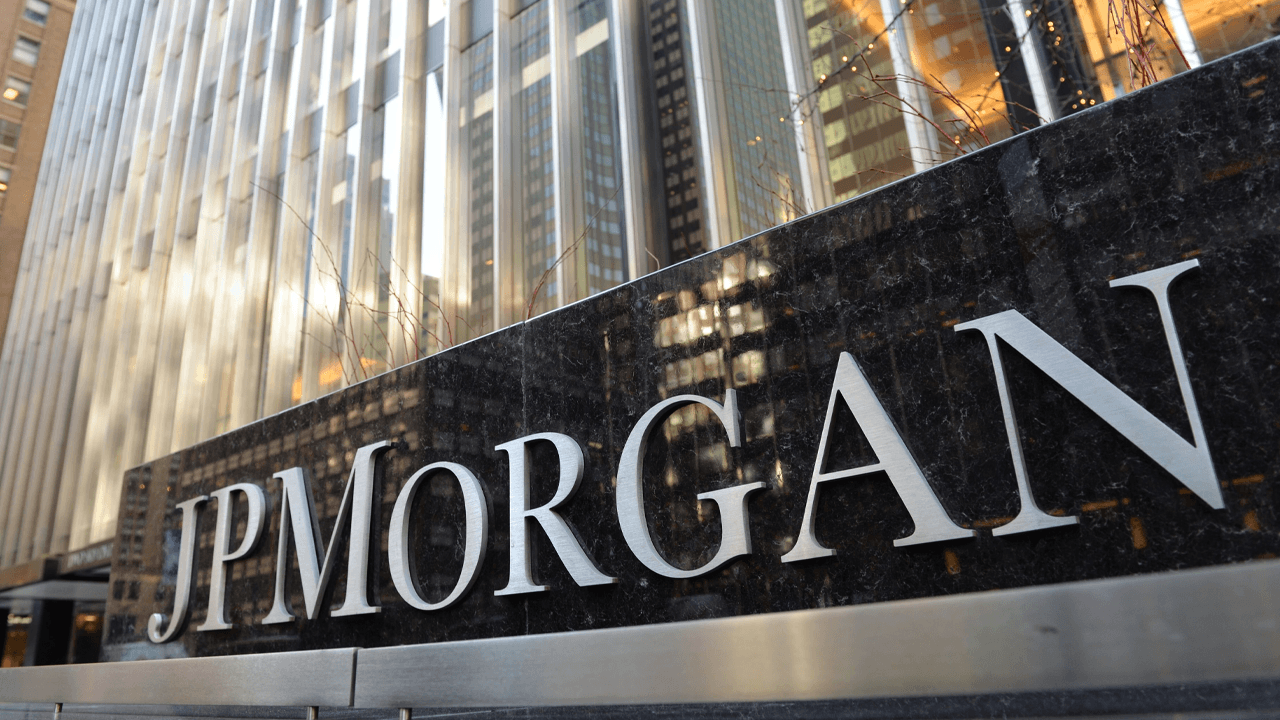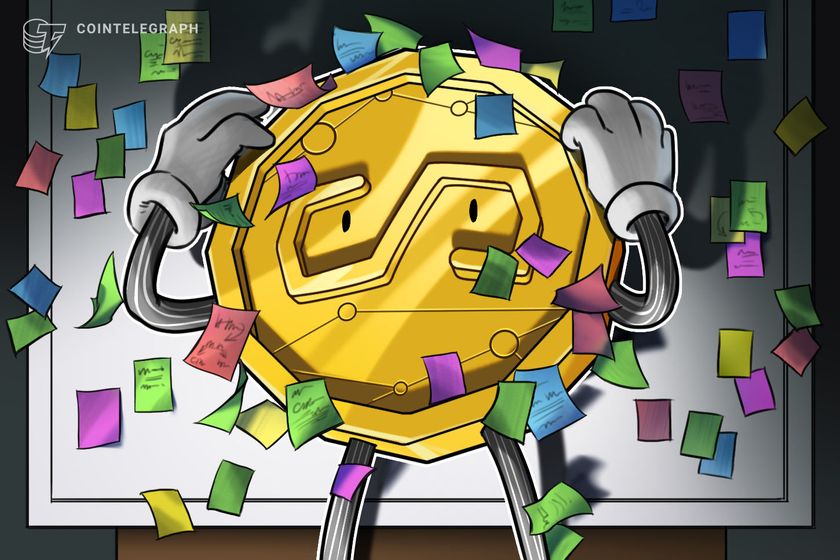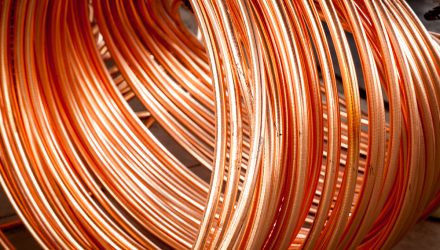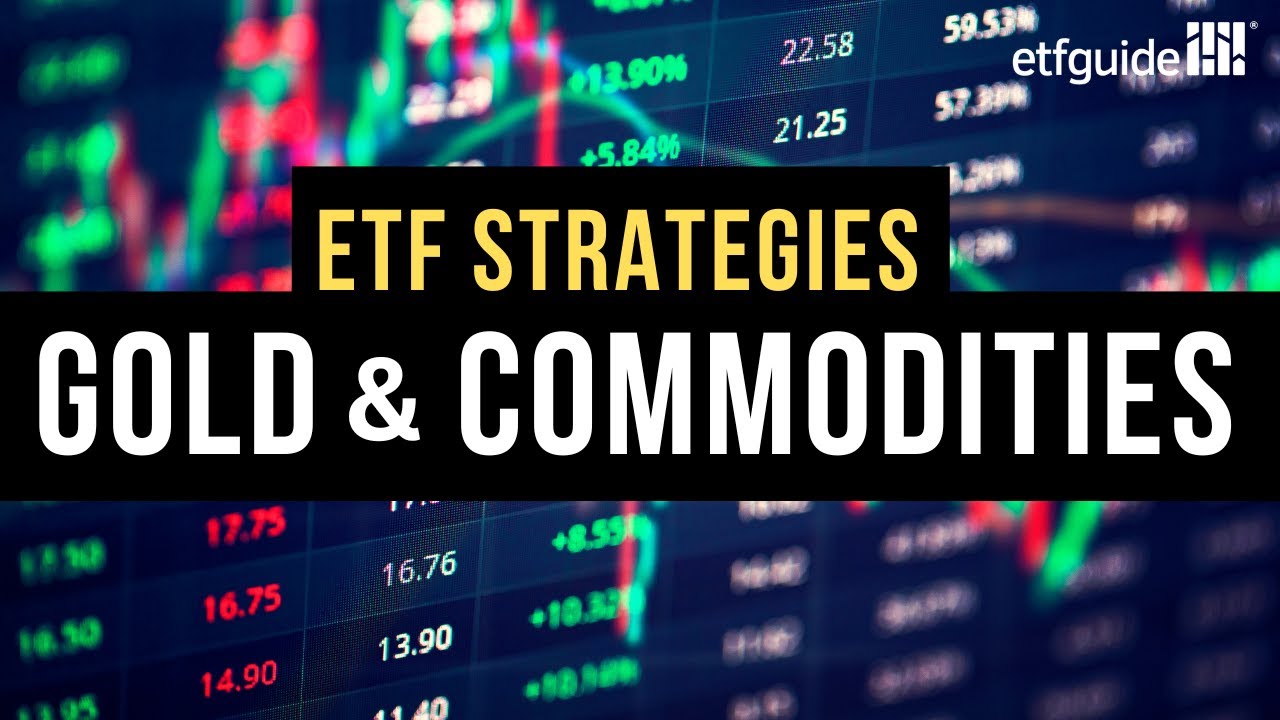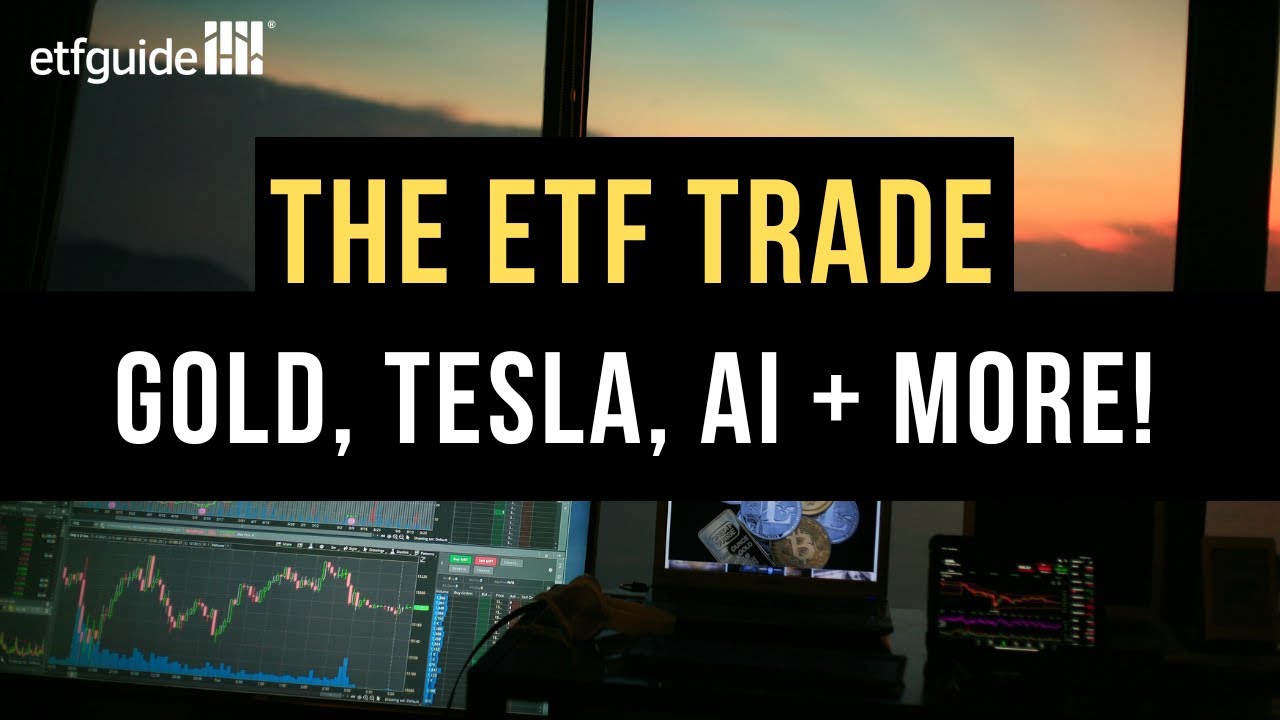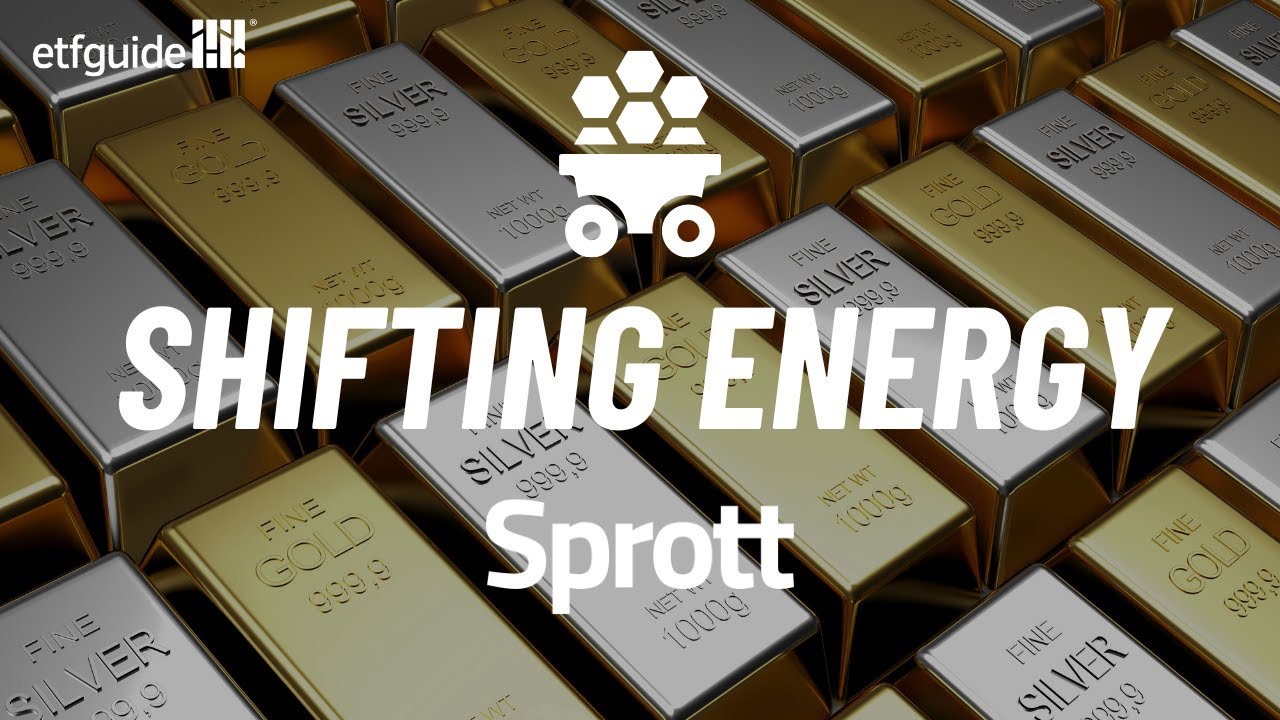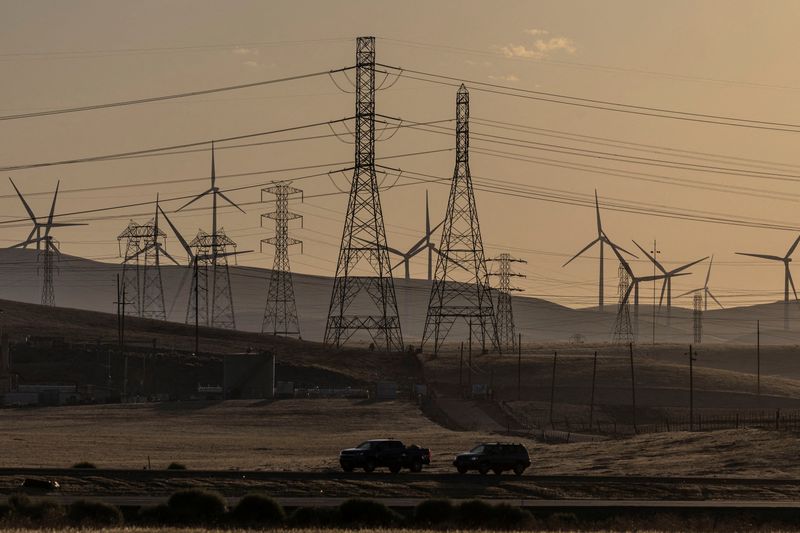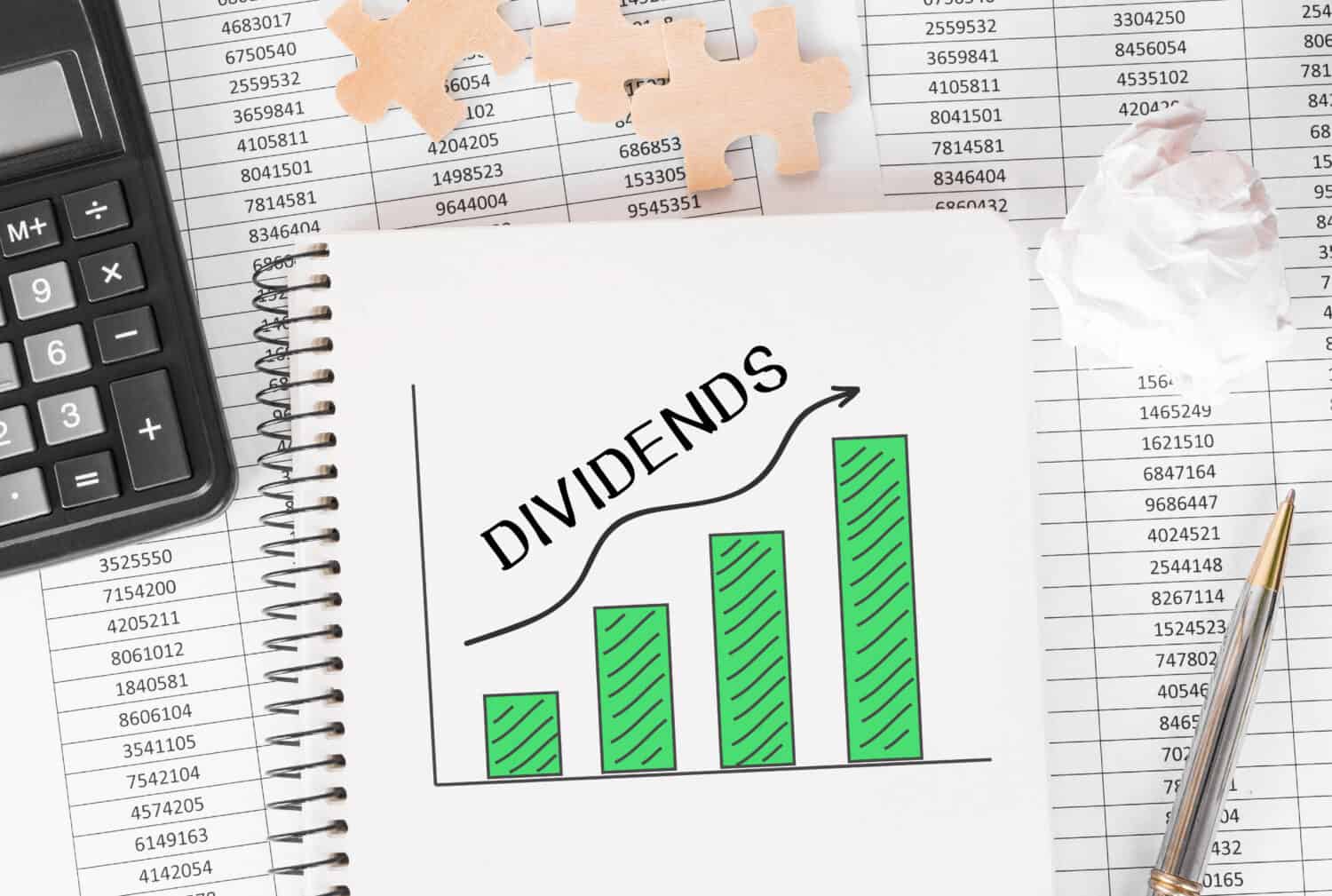Why I Decided Against Dumping My Retirement Savings into VTI/VOO
For many passive investors and prospective early retirees, it’s as simple as plowing as much of one’s cash into an ETF (Exchange-Traded Fund) that mirrors the S&P 500 or the total U.S. stock market. Some may go a bit further by adding a bit of international (think the ex-U.S. ETFs out there) exposure while beefing […] The post Why I Decided Against Dumping My Retirement Savings into VTI/VOO appeared first on 24/7 Wall St..

For many passive investors and prospective early retirees, it’s as simple as plowing as much of one’s cash into an ETF (Exchange-Traded Fund) that mirrors the S&P 500 or the total U.S. stock market. Some may go a bit further by adding a bit of international (think the ex-U.S. ETFs out there) exposure while beefing up with bonds as they age.
In any case, I do think that neglecting the bond (and cash) portion of one’s portfolio could prove detrimental for someone in their 70s once the next inevitable stock market crash or long-lived bear market has a chance to hit.
Key Points
-
Some keypoint here
-
Are you ahead, or behind on retirement? SmartAsset’s free tool can match you with a financial advisor in minutes to help you answer that today. Each advisor has been carefully vetted, and must act in your best interests. Don’t waste another minute; get started by clicking here.(Sponsor)
When is it time to steer away from stocks and towards lower-risk assets?
While going heavy on the stocks into old age, whether via the Vanguard Total Stock Market Index ETF (NYSEARCA:VTI), the Vanguard S&P 500 ETF (NYSEARCA:VOO), other comparable ETFs, or a basket of individual stocks, will be right for some strong-stomached risk takers who desire to have a higher withdrawal rate (let’s say 5% or even close to 6% rather than the traditional 4%), it may not be the best move for the retired, especially those who’ve yet to encounter a nasty stock market meltdown.
Sure, you’re bound to come across more than a handful of success stories involving someone in their 60s or 70s who hasn’t really changed their asset allocation since the time they were in their mid-30s. The bull market has been rather kind to stock-heavy investors, causing many older investors to maintain heavier weightings towards stocks over bonds. If stocks have been a primary source of gains, why ring the register for an asset that would destine one for sub-par returns and a lower withdrawal rate?
In any case, a financial advisor and wealth planner are invaluable to retirees who may unknowingly take on more risk than they can handle. And it’s vital to discover the right asset allocation before a catastrophe (think a 50% drawdown in stocks) causes us to shift things up with the asset allocation. Indeed, the recent Trump tariff correction must have been a wake-up call for many aging retirees who’ve stayed a bit too heavy in stocks for too long.
Indeed, when retirement planning, it’s easy to view the plan through a pair of rose-colored glasses or with the assumption that things will be all right as they have been (for the most part) since the comeback from the Great Financial Crisis (GFC) and the 2008 stock market crash.
The case for diversifying into bonds, TIPS, and gold
This Reddit user, who lived through the pains of 2008-09, recently rang the alarm bell, urging retirees to reassess and rebalance their portfolios so that they won’t be put in harm’s way once the next market crash eventually hits. Indeed, it’s impossible to tell when the next substantial drawdown will happen. But it should be planned for as a retiree who has multiple decades to invest through.
If you’re committed to investing for the next 20-30 years, odds are you’ll run into numerous bear markets and perhaps more than a few financial crises that cause stocks to shed more than half of their value. In such a scenario, a stock-heavy portfolio with a high withdrawal rate could be at risk of eroding away, sending a retiree back to work at a time when there may be a severe lack of employment. In any case, a retiree with a very heavy (let’s say more than 80%) allocation to stocks and an aggressive withdrawal rate (6% or more) must ask themselves if they’d be able to handle an X% chance of running out of money in a particularly bad market crash scenario.
If there’s not a suitable backup plan in place (gold has proven a perfect hedge against tariff chaos while TIPS have helped one safely weather inflationary storms), perhaps it’s time to think about course correcting before the next crisis has a chance to strike. As always, a financial advisor could be worth the price of admission.
The post Why I Decided Against Dumping My Retirement Savings into VTI/VOO appeared first on 24/7 Wall St..







